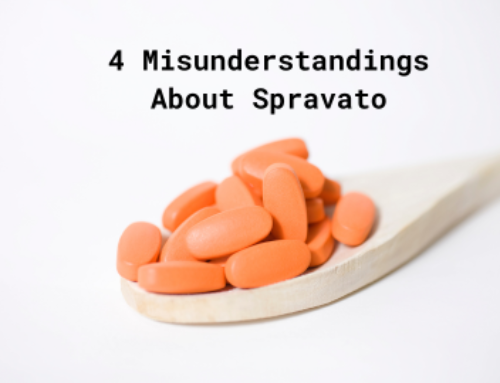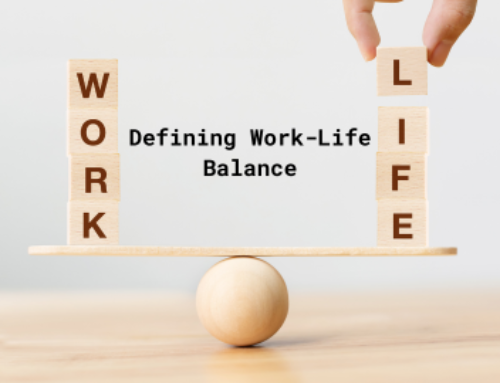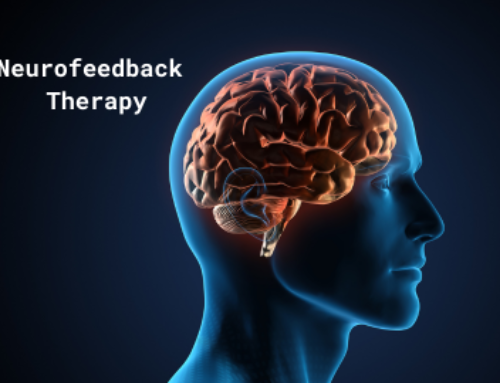The human brain is at the core of what helps make the human body function. It’s the communication center for our senses, our breathing and all of our movements. And, just like any working machine, it needs fuel. And, for humans food is fuel. It stands to reason that the food choices we make have a huge impact on how our brain functions.
High quality foods packed with vitamins and minerals are good for brain health. Low quality foods filled with bad fats and too much sugar are bad for brain health.
We tend to think that food only affects our stomachs and our weight. But, it’s actually so much more than that. Food does not just make us gain or lose weight. It also energizes our organs, helps healthy cell growth, keeps our blood clean, etc. Poor food choices have a negative impact on our overall health and good food choices have a positive impact, including the brain.
It wasn’t until fairly recently that doctors, scientists and researchers have begun to clearly see the correlation between gut health and mental health. But, if you think about it, it makes sense. Now that more research is being done, statistics show that those with a poor diet have an 80% increased risk of being diagnosed with depression and anxiety. And many of those diagnosed are teenagers.
Here is a specific example:
Serotonin is a well-known neurotransmitter that helps regulate mood, social behavior, appetite, sleep, and memory. While it’s not clear what specifically causes depression, its fairly clear that low levels of serotonin is related to depression. If serotonin is depleted it can lead to difficulty sleeping, poor memory, aggression, and low self-esteem. All characteristics of depression.
Foods rich in omega-3 fats, vitamin B12, zinc, magnesium, iron and tryptophan all help nourish and replenish serotonin. Healthy eating habits equal healthy serotonin levels, which in turn, leads to a decrease risk at developing depression.
While very common, depression is not the only mental health challenge that may result from bad eating habits. Also, it’s not just about a lack of nutrients, but an over indulgence in unhealthy foods, like processed foods or those high in sugar. For example, too much sugar worsens the body’s regulation of insulin and induces inflammation. Consequently, inflamed cells can damage brain tissue because they are too large to circulate the way they were intended. Therefore, physical damage to the brain is also a possibility.
In conclusion, if depression or any other mental health situation is a concern for you, it may be time to also consider your diet as a risk factor. Again, there is no one cause of depression, nor is there one cure. However, diet is something you can control. If you get your diet right it can only help, if not make things better. If it doesn’t make things better than you know it’s something else and you can start to look at and think about what that might be.




